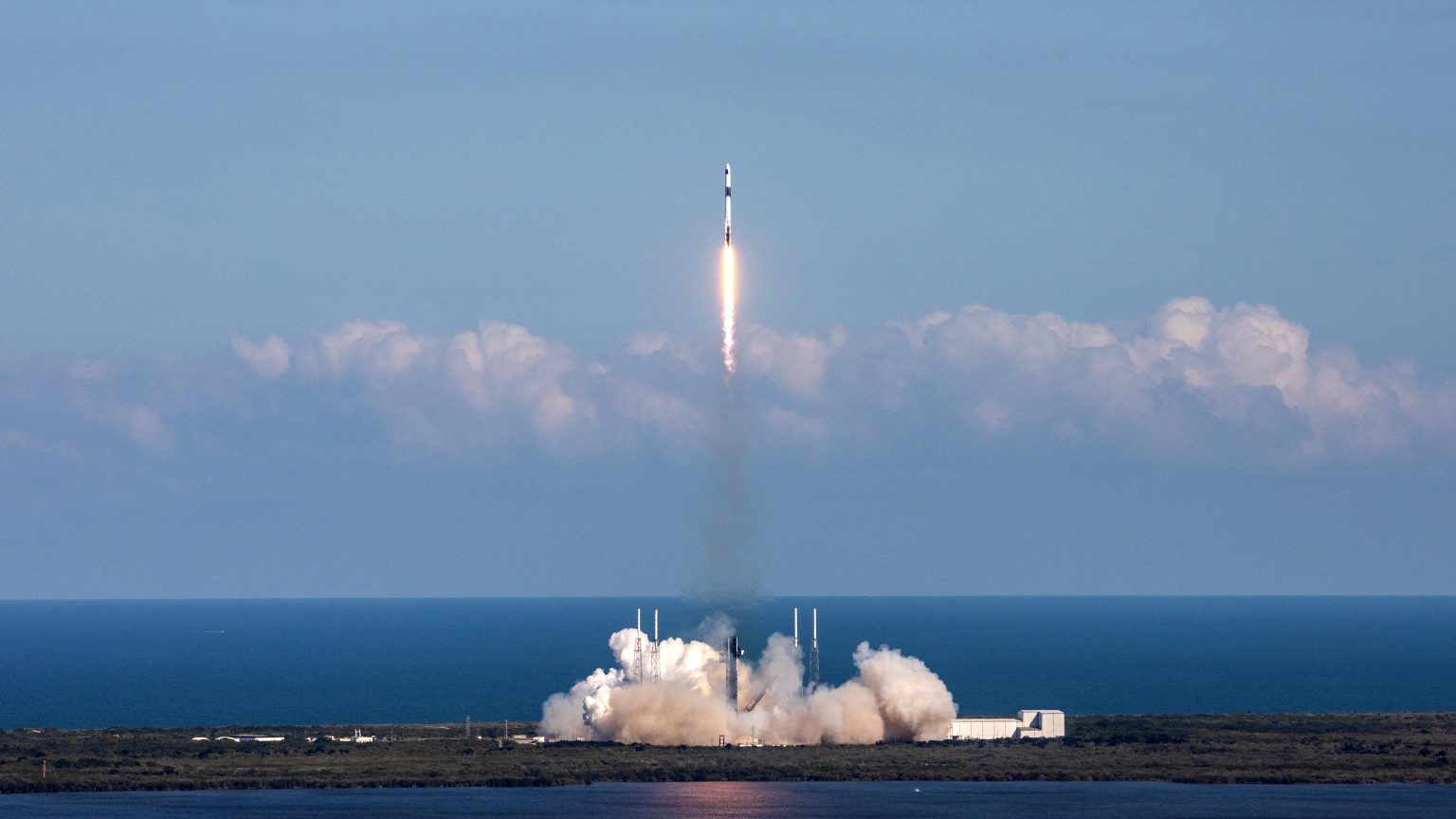Encapsulate Awarded $3.63M NASA InSPA Phase 1 Grant to Develop Microgravity-Based Metastasis-on-a-Chip Technology

Farmington, CT – Encapsulate, Inc., a precision medicine startup developing advanced biochip systems, has been awarded a $3.63 million Phase 1 grant through NASA’s In Space Production Applications (InSPA) program to develop a microgravity-enabled Metastasis-on-a-Chip device for early-stage cancer patients.
The project will focus on creating a microgravity-induced model to better understand and predict cancer metastasis, which is one of the leading causes of cancer-related mortality. By leveraging the effects of microgravity on cancer cell behavior, Encapsulate aims to build a system that replicates metastatic progression and enables earlier and more precise clinical insights.
The initiative will be conducted at Encapsulate’s headquarters in Farmington, Connecticut, in collaboration with NASA. Space Tango will serve as Encapsulate’s in-orbit implementation partner. This marks their third mission together. The project includes multiple launches from Kennedy Space Center to the International Space Station and is scheduled to run for 36 months, beginning in July 2025.
The research will be led by Encapsulate’s scientific team in collaboration with Dr. Joel Levine, Dr. Tiago Biachi, and Dr. Charles Giardina. The team will use microgravity environments to study the mechanisms of cancer cell migration and invasion.
“This grant represents a bold step forward in how we approach cancer research,” said Dr. Armin Rad, CEO and Co-Founder of Encapsulate. “We are honored to partner with NASA and explore the unique advantages of space-based research in advancing cancer diagnostics and precision medicine.”
The project supports NASA’s mission to expand the use of microgravity for biomedical innovations that improve life on Earth.
#microgravity #precisiononcology #metastasis

